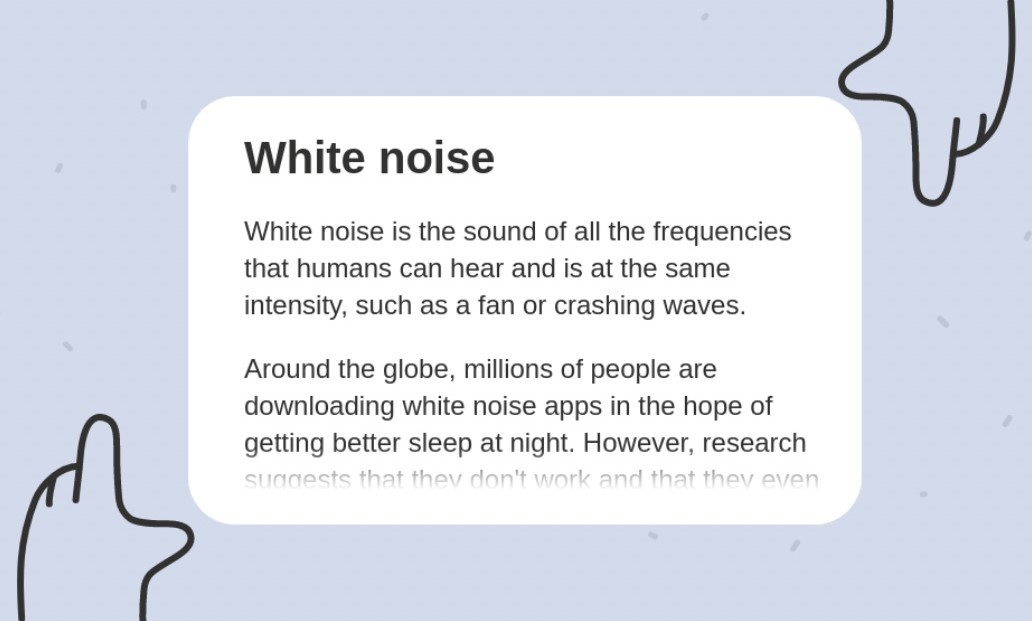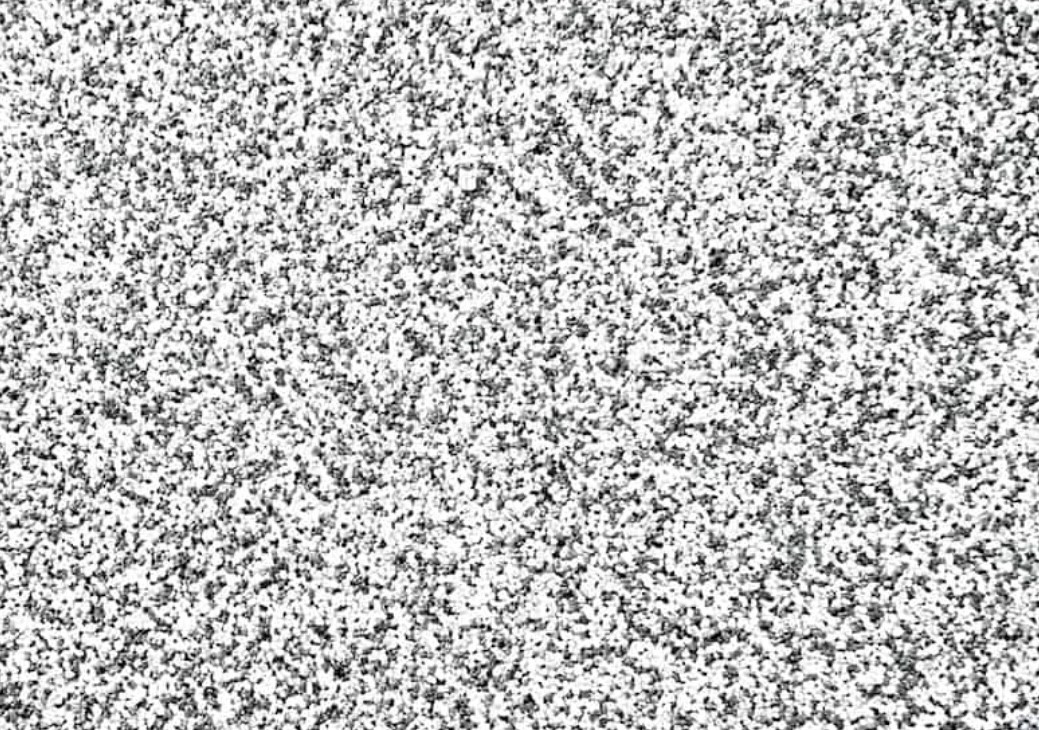By Polina Pallieraki,
A white noise is a mixture of random frequencies that, when played at a low volume, can aid in distinguishing a signal amid background noise. This might be because white noise can enhance our perception of other signals. It is termed “white” because it is similar to white light, except that, in the sense that it consists of the aforementioned mixture, like white light, it contains equal intensities of all visible wavelengths. However, it is important to note that prolonged exposure to white noises may cause damage to our auditory health.
Using a white noise to mask other, potentially distracting, sounds is supposed to help promote focus. A study, conducted a few years ago, indicated that white noise could enhance concentration and memory in children struggling with attention deficit disorder (ADD). A research involving fMRI scans on young subjects exposed to white noise showed a slight improvement in memory, while the white noise affected the activity in the brain’s positive reinforcement networks and the auditory cortex.
However, subsequent studies have shown that, while white noise improved the performance of children with attention deficits, it worsened performance for children without such conditions, meaning that white noise can have the opposite effect in children who are able to focus competently. The monotonous, bland background sounds seem to actually be distracting in the latter case. So, it is important to recognize that white noise is not a quick fix for concentration problems. Its impact on concentration depends on factors such as: 1) context, 2) circumstances, 3) timing, 4) the person and task at hand.
In recent years, many people have started using white noise generators from the Internet, in the hopes of curing their sleeplessness. White noise has been shown to help people fall asleep more quickly by eliminating other sounds from the environment, creating the facade of a peaceful atmosphere. While many individuals experience short-term benefits from white noise, it seems to be a popular solution for restless infants, as well as people with chronic insomnia. However, the –not so positive– impact on the brain is a subject of debate.
Scientific studies indicate that continuous white noise can make you fall asleep faster and faster. However, there are potential downsides, such as harmful metabolites that are the result of converted signals going straight to our auditory system. This basically means that our system can get easily exhausted and gain more permanent damage.

A 2003 study on rats found that prolonged exposure to white noise disrupted the auditory organization of their brains, corrupting the process of their otherwise healthy development. Dr. Attarha’s research suggests that long-term use of white noise for sleep or tinnitus management can not only harm the central auditory system, but also potentially cause our brains to age faster (which comes with other issues in itself). This damage stems from the imbalance between excitatory and inhibitory cells in the nervous system. Now, you may ask, why does white noise cause more damage than, let’s say, loud music? The answer is simple: while music, which is a complex sound, promotes cell specialization, white noise reduces sensitivity and inhibition levels, which are to blame for problems with memory and decision-making.
Thus, white noise may be a useful short-term tool for sleep or concentration, but it is not advisable for long-term use. If you are having trouble, Dr. Attarha recommends that you should opt for speech sounds and music, in order to maintain the brain’s chemical, structural, and functional health.
When considering white noise to mask unwanted sounds, it’s important to recognize that, while it can minimize disturbances, it may not truly cause the mind to relax and, in reality, causes harm. Although white noise can be helpful for those with attention issues or immediate noise problems, its long-term effects are generally more negative than positive, particularly concerning sleep. True mental health relies on a healthy brain, clear thinking, and restorative sleep.
References
- Λευκοί ήχοι: Η επιρροή τους στον ανθρώπινο εγκέφαλο. maxmag. Available here
- Τι είναι οι λευκοί ήχοι; | Πώς βοηθούν στον ύπνο. neostroma. Available here
- What Is White Noise? Benefits for Sleep & More. Dr Axe. Available here




